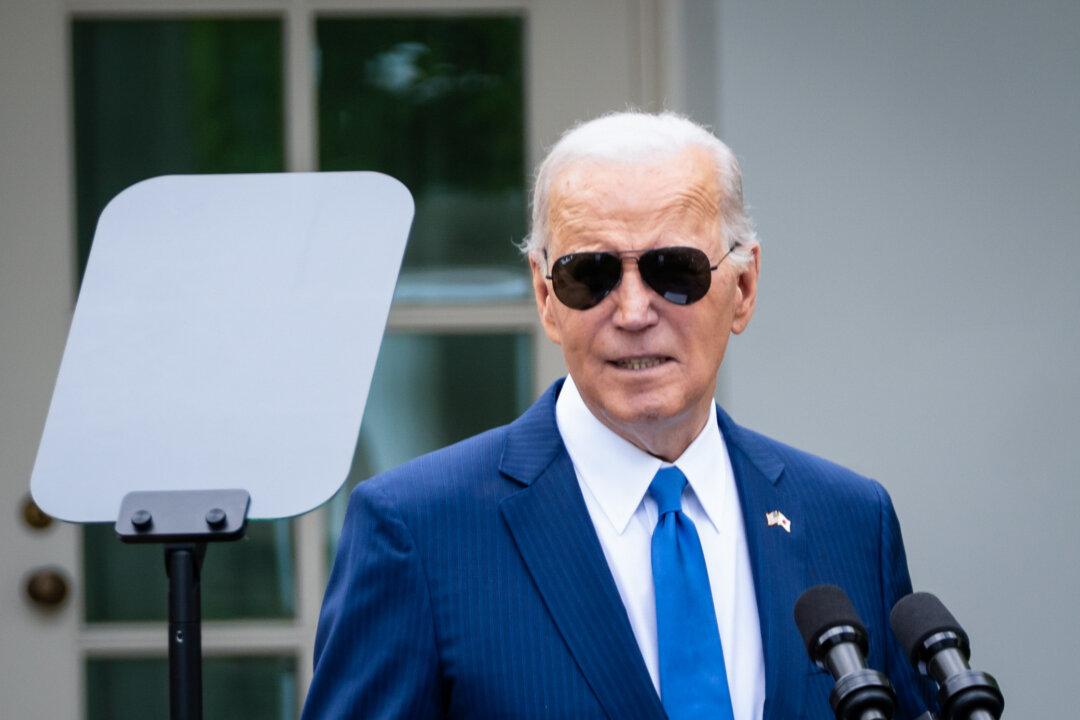The U.S. Department of Justice announced on May 16 that it was formally moving to reclassify marijuana out of Schedule I of the Controlled Substances Act, one the most significant changes in decades of U.S. drug policy.
The agency acknowledged the medical uses of marijuana, or cannabis, in a proposed rule it sent to the federal register while emphasizing the plant’s lower potential for abuse compared with other Schedule I drugs. By design, the Drug Enforcement Administration (DEA) puts drugs in Schedule I if the agency believes they have no medical value.





